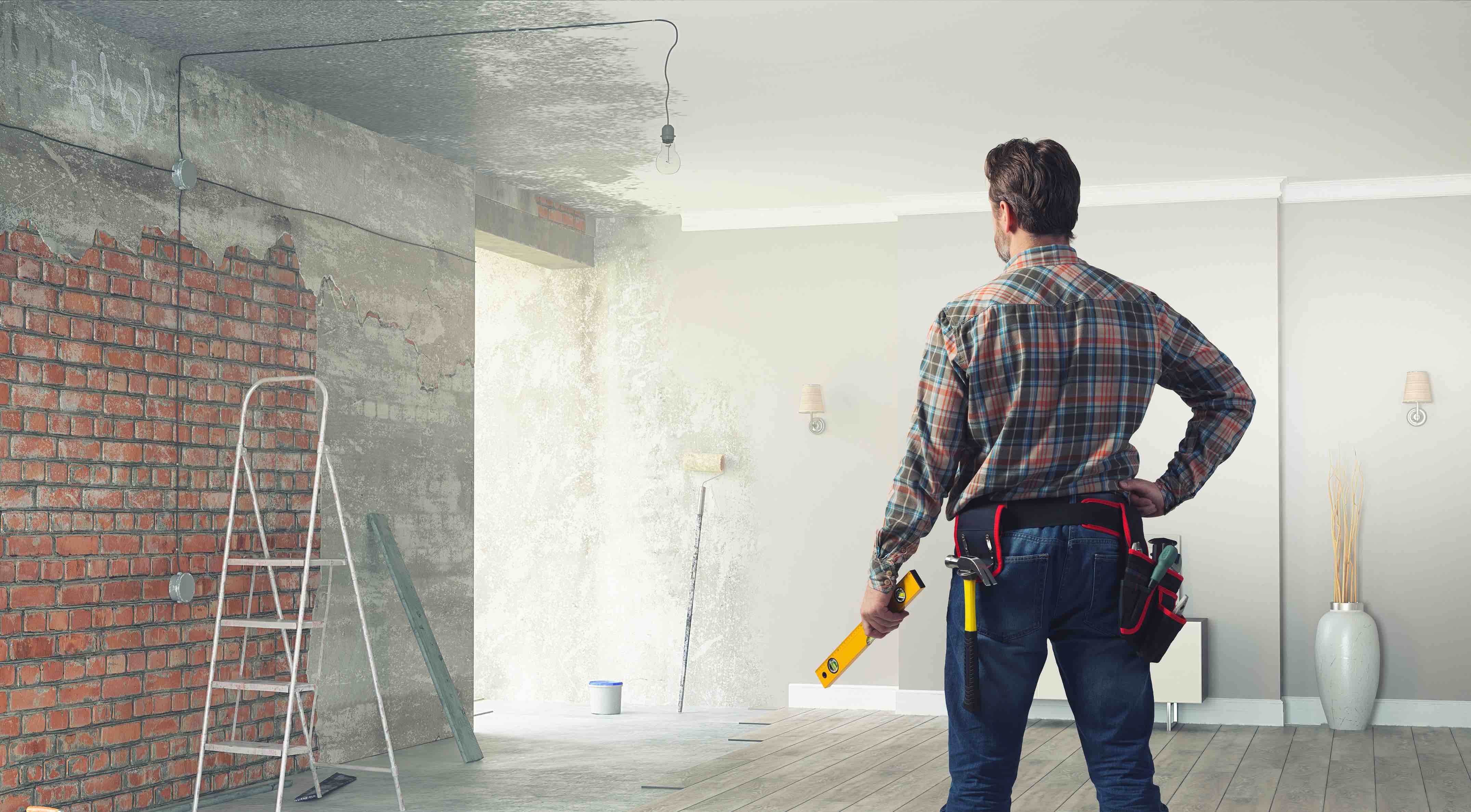How to Choose Moisture Meter Electrodes for Restoration

For many restoration projects, moisture meters can be indispensable for fast and effective dry-out/tear-out work. However, the pins on a pin-type meter (or the scanning plate of a pinless meter) cannot always readily reach where a restoration expert needs them to. In these cases, it’s important to use specialized moisture meter electrodes to get a reliable moisture test.
Having the right restoration moisture meter is just the beginning of getting accurate and reliable moisture measurements on the job. But, which moisture meter electrodes are the right ones to use for your restoration work? How can you pick the right electrode for the right job (and the right restoration moisture meter)?
Here are a few bits of advice for choosing the best moisture meter electrodes for restoration work:
Consider What Kind of Water Damage Moisture Meter You’re Using
One of the first things to consider when choosing a moisture meter electrode is the specific type of restoration moisture meter you’re using. Specifically, the make and model of the meter. While all Delmhorst pin-type moisture meters use a universal probe socket that is compatible with all Delmhorst electrodes, not every manufacturer uses a universal design. There may be restrictions on which probes can be used with specific restoration moisture meters.
Even with Delmhorst’s universal moisture probe sockets, some electrodes will work better for some applications than others. For example, a moisture meter for drywall often pairs well with electrodes that have uninsulated probes that can reach into nooks and crannies that would be difficult to access directly with the meter—such as the 22-E.
Consider What Building Materials You Will Have to Test
In water damage remediation, there are many different areas and types of building materials that will need to be tested for moisture. In many of these areas, the short pins on the top of a moisture meter won’t be enough to reach and get reliable information. Many restoration moisture meter electrodes are designed to work optimally with a few specific types of building materials.
For example, if you’re wanting to test for moisture in insulation, you’ll need a set of moisture meter electrodes with long probes to get deep into the insulation. This way, you can get a reading of moisture content from well within the non-visible depths of the insulation layer.
Using insulated probes lets you test insulation behind a wall without having to drill through that wall first. Why use insulated probes? Insulated electrodes prevent the electric current from passing between the part of the probes where they are both touching the wall rather than the insulation. For this reason, the 21-E electrode is ideal for testing insulation behind walls.
In many restoration jobs, it’s necessary to get under trim or baseboard molding to detect moisture in the hidden space where it is likely to collect. This calls for a specialized electrode with a flat blade shape that can be easily worked under baseboards and trim. Delmhorst’s own 19-E/STC electrodes use long, flat, Teflon®-coated blades with a 35˚ angle bend to make them easy to insert beneath walls.
To summarize the method for choosing the best restoration moisture meter electrodes for a particular task, you should:
- Choose an Electrode That’s Compatible with Your Moisture Meter for Restoration. Picking an electrode that’s incompatible with your moisture meter won’t help you in the least when it comes to testing moisture. So, it’s important to check for compatibility before purchasing the electrode—or to use meters and electrodes from a manufacturer that uses a universal probe socket design.
- Consider What Materials You’ll Be Testing and Where. The other major task is to look at the form and function of the moisture meter electrode to determine if it is (or isn’t) suitable for the application. Specific design features can greatly improve or impair the usefulness of an electrode and the water damage moisture meter you’re using it with.
Need help choosing the best moisture meter for restoration (and the electrodes that will help you get the most out of it)? Contact the restoration moisture meter experts at Delmhorst!
Subscribe to Our Blog
Post Related

moisture meters
woodwork
Delmhorst
lumber industry
lumber professionals
lumber
Moisture content in lumber
moisture levels
delmhorst moisture meters
How to Get the Most Out of Your Moisture Meter: A Guide for Lumbermen and Woodworking Professionals


